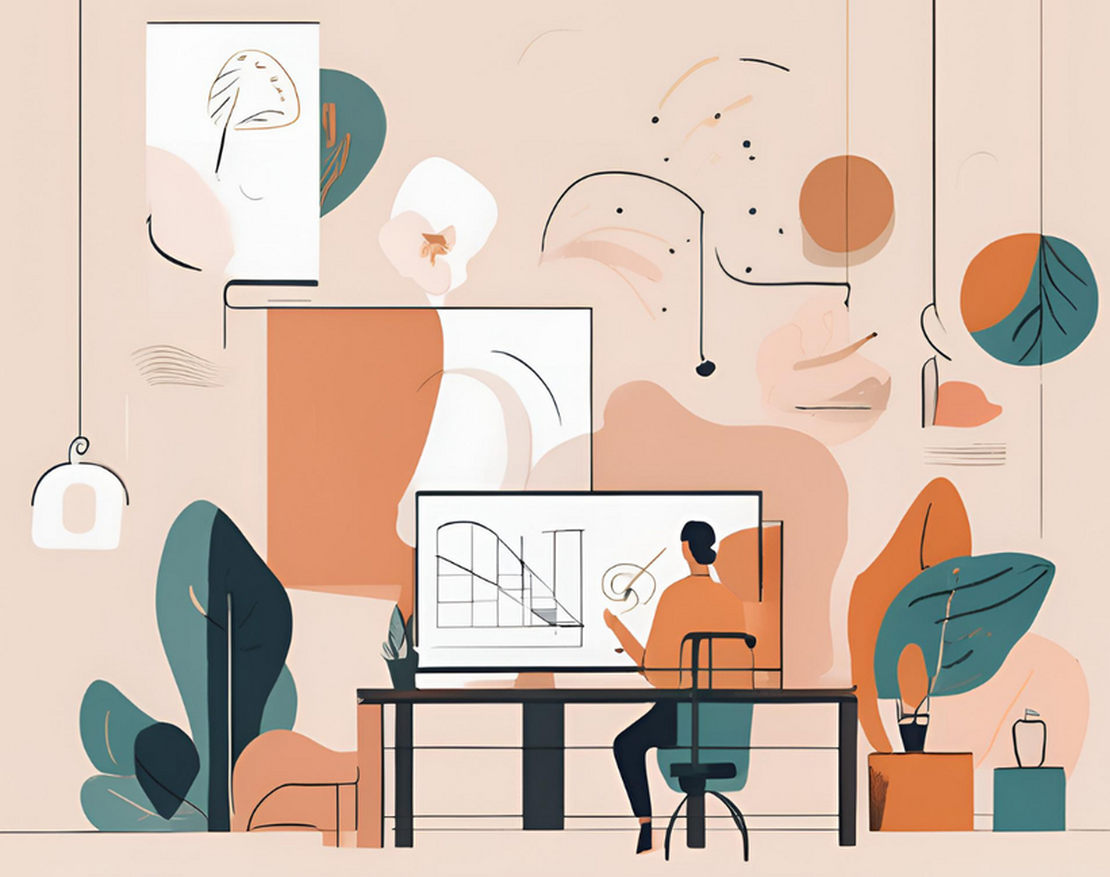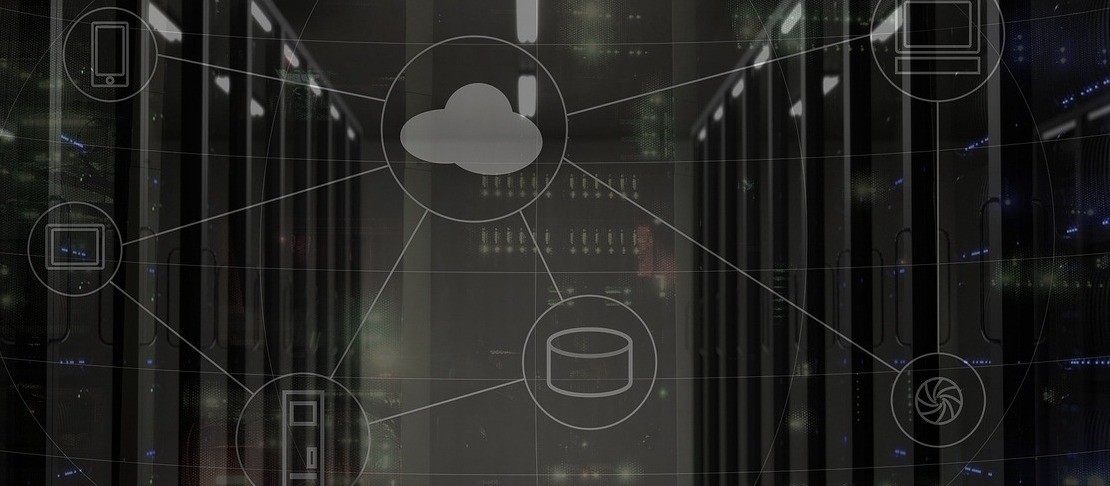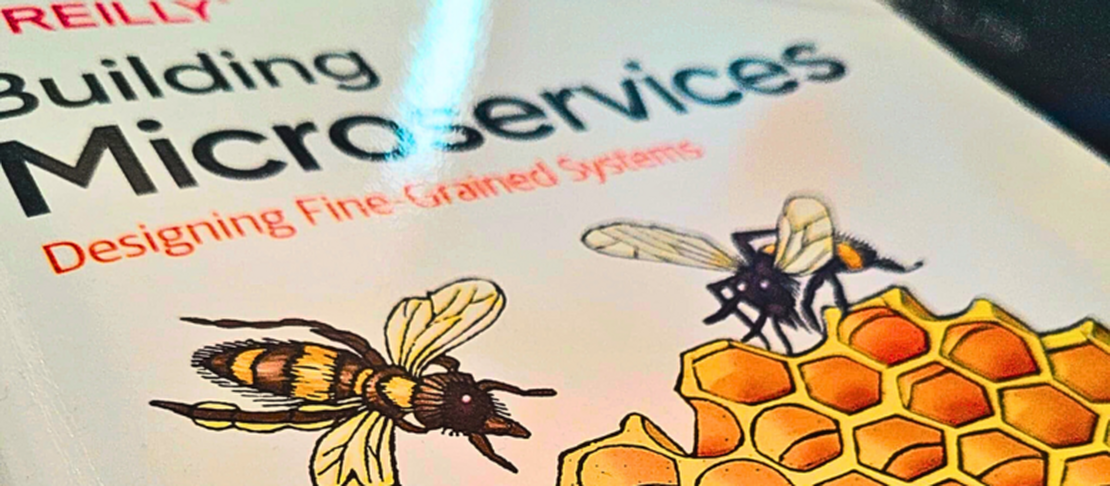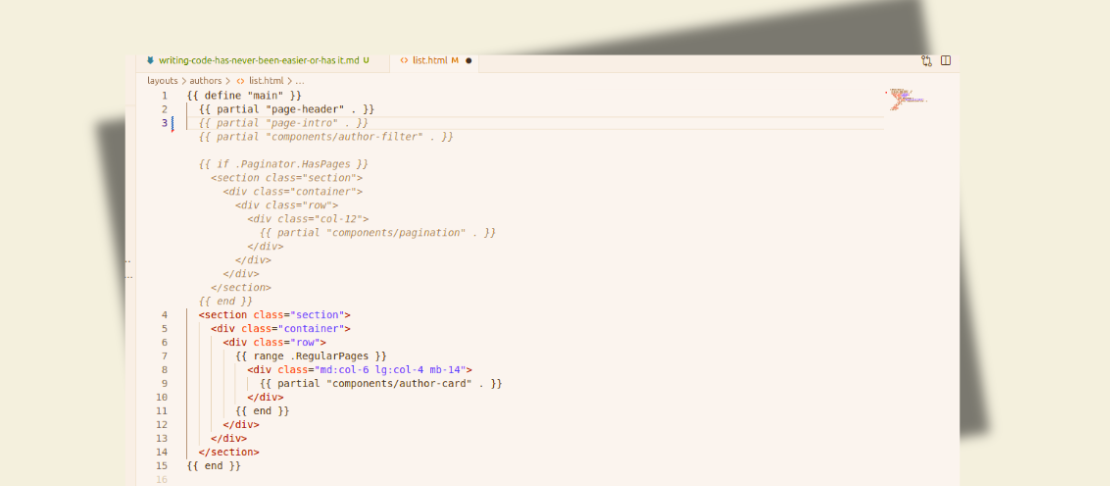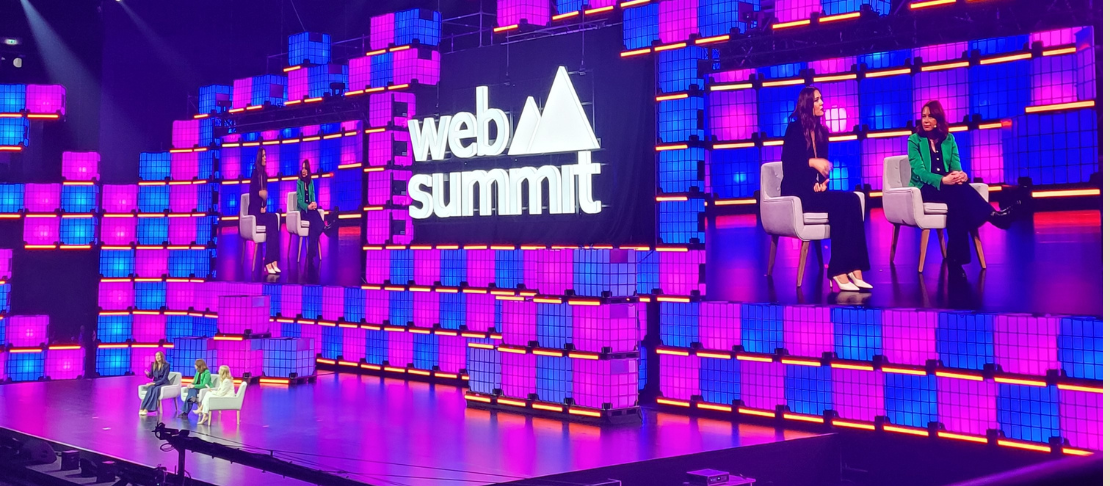
My Experience at Web Summit 2025 in Lisbon
- Raluca Constanda
- Tech Industry , AI Tools
- November 15, 2025
I attended Web Summit this year after unexpectedly receiving a free ticket. I had already been to the conference six years ago, so I knew what to expect: a huge event filled with startups, energy, and good vibes. This time, I went alone, without knowing anyone there. It felt a bit intimidating at first, but also exciting. It was the kind of experience that kept me curious, focused, and open to new conversations. It felt like a reset and a simple reminder of why I enjoy being part of the tech world.
My Goals for the Summit
I arrived in Lisbon with a clear set of goals. They fell into two main categories.
Improving my agency’s processes
As I’m growing my software development studio, I face new challenges almost every day. Some are legal and compliance-related, and others are purely technical.
I wanted to explore solutions that could help agencies like mine deliver the highest level of security and data protection in the AI era. I was especially interested in startups working in legal tech, compliance, and cybersecurity.
On the technical side, I was looking for tools that can improve software development itself, with faster code writing, better workflows, and smarter development environments.
Researching startup directions
My second goal was more exploratory. I wanted to understand the current startup landscape and see what founders around the world are focusing on. I was looking for inspiration, context, and a clearer view of where the industry is heading. Web Summit is one of the best places to observe this.
What I Actually Did
Given the size of the venue and the number of presentations happening in parallel, I only attended a few talks. Most of them were about Europe’s direction in AI and technology. What I saw there made me optimistic because both political and business leaders seem determined to close the innovation gap and build world-class European technologies. I also noticed the same intention across many startups. Some were choosing only European services and software because of data security concerns, while others were doing it simply to support European businesses.
But the majority of my time was spent walking through the startup booths. I spoke with founders for hours every day. I paid close attention to how they presented their work, how they introduced my use case to their solution, and how they highlighted the features that could help me. I could clearly see that the founders who adapt their speech to any situation, and who keep you focused and interested, are the ones who will eventually succeed. I also learned something from every conversation. Listening to so many different ways of explaining a product helped me reflect on my own communication skills and understand how I can improve them.
I’m confident that I covered almost the entire AI & Machine Learning section, as well as a large part of SaaS. I also explored security, legal tech, and professional services in detail.
During these three intense days, I had conversations with founders from all over the world, and I enjoyed every minute of it. In the end, what impressed me most wasn’t the technology but the humans behind it. The passion, the ambition, the creativity. This is what keeps the tech world alive, not the machines.
Trends I Noticed
The main trend was clear from the moment you walked into the venue: AI everywhere.
Every startup, in one way or another, is using artificial intelligence to push innovation further. I saw AI agents designed to improve workflows, automate repetitive tasks, boost human productivity, or reduce operational costs.
From an engineer’s perspective, this feels like the beginning of a new era in development tooling. We’re still early in understanding how far these tools can go, but the direction is obvious: AI will transform the way we build software.
Another trend I noticed is the growing focus on European software and technological sovereignty. Many startups emphasized using European services and building local AI infrastructure, particularly in Central and Eastern Europe. I really enjoyed discovering innovative startups from Romania and Moldova, and it was exciting to see the shift from talent sourcing to local innovation. This movement shows that the region is not only exporting talent but is increasingly developing its own products and technologies, contributing to a stronger European tech ecosystem.
What I Brought Home
I returned to Paris with great memories and even greater motivation. I’m excited to explore the technologies I discovered, test new tools, and apply everything I learned to the projects we build at Atlas Dev Studio.
Professionally, I feel richer than ever. Inspired, curious, and eager to bring new ideas to life, whether they come from us or from our clients. As a small agency, we treat every piece of software with care and responsibility, and this experience reminded me why I love this work so much.
